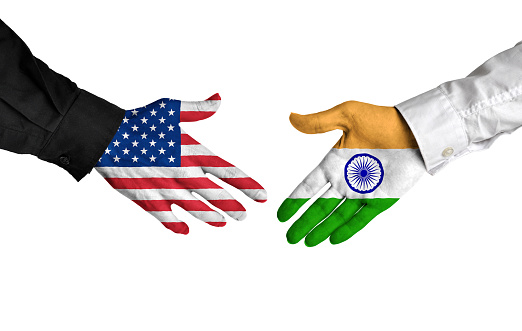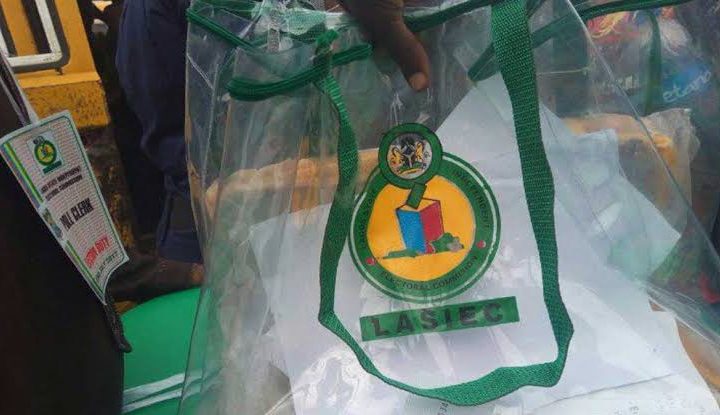The United States of America has lobbied India to stand by its side just in case Russia makes good its threat of invading Ukraine.
America reminded India that the Indians have always been committed to a rules-based international order, hoping that India will see reasons to take America’s side if Russian eventually attacks Ukraine.
Join our WhatsApp ChannelAt a press briefing held in the State Department in Washington, the US State Department spokesman, Ned Price said: “We know that our Indian partners are committed to that rules-based international order. There are many number of tenets in that order. One of them is that borders cannot be redrawn by force.”
The move started when the US government detected that Russia had increased its force near Ukraine border by 7,000 troops, with some arriving as recently as Wednesday, February 16, contrary to Moscow’s claims of withdrawal.
According to Price: “To be very, very clear, we have not seen that. In fact, we have seen the opposite in recent weeks and even in recent days. More Russian forces, not fewer, are at the border and they are moving concerningly into fighting positions. This is cause for profound concern. At the same time, and as we’ve warned previously, over the past several weeks we’ve also seen Russian officials and Russian media plant numerous stories in the press.”
The state department spokesperson further alleged that any one of these could be elevated to serve as a pretext for an invasion.
“This could happen, we are concerned, at any time and the world should be ready for it. It could involve claims about Ukrainian military activity in the Donbas, false claims of US or NATO activities on land at sea or air, even claims of Ukrainian or NATO incursions into Russian territory,” he said.
Recall there was a hot discussion on Russia and Ukraine during the recently concluded Quad ministerial in Melbourne that included foreign ministers from Australia, India, Japan and the United States. One of the core tenets of the Quad is to reinforce the rules-based international order. And that is a rules-based order that applies equally in the Indo-Pacific as it does in Europe, as it does anywhere else.
Price reportedly said in an apparent reference to the aggressive behaviour by China against its neighbours, including India: “That, large countries cannot bully small countries. That only the people of a particular country can be in a position to choose their foreign policy, their partnerships, their alliances, their associations. Those are principles that apply equally in the Indo-Pacific as they do in Europe.”
In 2017, the US had enacted a rule capped, “Countering America’s Adversaries Through Sanctions Act (CAATSA).” CAATSA provided for punitive actions against any country engaged in transactions with Russian defence and intelligence sectors.
“There was a discussion of our broad defence relationship, but I wouldn’t want to characterise it beyond that,” Price said.
It will be recalled also that in October 2018, India had signed a USD 5 billion deal with Russia to buy five units of the S-400 air defence missile systems, despite a warning from the Trump administration that going ahead with the contract may invite US sanctions.
But India went ahead and made the first tranche of payment of around USD 800 million to Russia for the missile systems in 2019. The S-400 is known as Russia’s most advanced long-range surface-to-air missile defence system.
















Follow Us